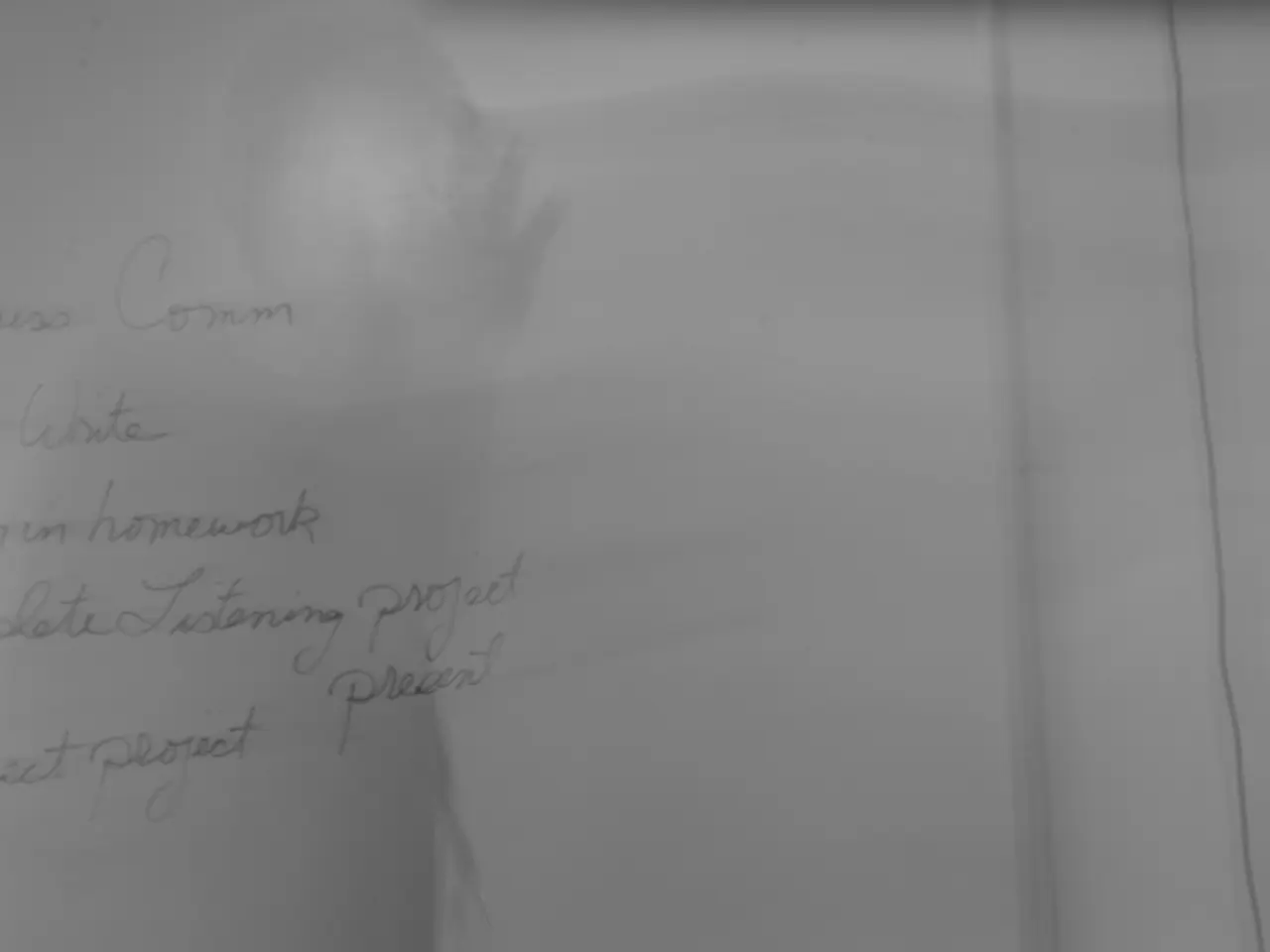EU Commission Advances Sweeping Restrictions on Israel
The European Union (EU) has proposed a series of sanctions against Israel, following the ongoing conflict in the Gaza Strip. The measures, which include revoking trade preferences and imposing penalties on extremist Israeli ministers and settlers, aim to pressure Israel to change its course of action in the region.
The proposed sanctions come after a terrorist attack by the Palestinian terrorist organization Hamas, which initiated the Gaza war on October 7, 2023, and resulted in the death of around 1,200 people and the abduction of over 250. In response, the EU Commission has recommended new sanctions against Hamas.
The EU Trade Commissioner, Maros Sefcovic, expressed regret at having to take this step but deemed it appropriate and proportionate. He called for an immediate ceasefire, unhindered access for humanitarian aid, and the release of all hostages held by Hamas.
The proposed sanctions would affect a significant portion of Israel's international trade, as Israel's trade with the EU accounted for approximately 32% of its total international trade in goods in 2024. EU imports from Israel were valued at 15.9 billion euros, accounting for approximately 37% of Israel's exports to the EU, making the EU its most important trading partner.
Stripping Israel of trade preferences would impact 37% of its exports to the EU, potentially causing substantial economic damage. However, the initiative from Brussels may not have any effect due to potential lack of support from EU countries like Germany and Italy.
Sweden has publicly declared support for suspending Israel’s trade privileges within the EU association agreement, with Foreign Minister Maria Malmer Stenergard calling for freezing Israel's trade benefits due to the humanitarian situation caused by the offensive. Other EU member states' public positions on these specific trade measures have not been clearly reported in the available sources.
Funds earmarked for Israel from an EU pot for international cooperation will be frozen, a decision announced by Commission President Ursula von der Leyen the previous week and not requiring the approval of the EU member states. Von der Leyen stated that the horrific events unfolding daily in the Gaza Strip must stop.
To be adopted, the sanctions would need the approval of 15 of the 27 EU member states, representing at least 65% of the EU's total population. The EU Commission's proposed sanctions against Israeli Finance Minister Bezalel Smotrich and Police Minister Itamar Ben-Gvir, who have been accused of human rights violations and incitement to hatred, have been met with criticism from Israel.
Israeli Foreign Minister Gideon Saar dismissed the recommendations as "morally and politically distorted." The Israeli government has sharply criticized the EU Commission's proposed sanctions, stating that it is "disproportionate" and "unprecedented" to threaten to suspend certain trade preferences due to Israel's actions in the Gaza Strip. Despite this, the EU remains committed to finding a peaceful resolution to the ongoing conflict.
Read also:
- United States tariffs pose a threat to India, necessitating the recruitment of adept negotiators or strategists, similar to those who had influenced Trump's decisions.
- Weekly happenings in the German Federal Parliament (Bundestag)
- Southwest region's most popular posts, accompanied by an inquiry:
- Discussion between Putin and Trump in Alaska could potentially overshadow Ukraine's concerns








